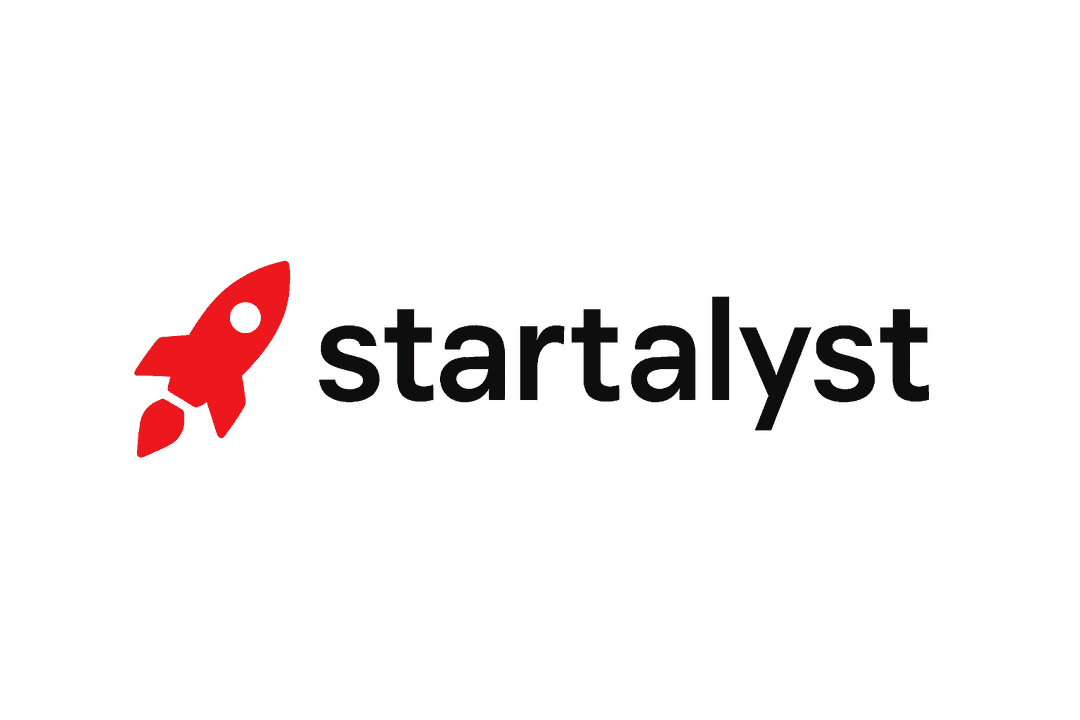Business Ideas For Introverts Starter Guide
How to Get the Best Results
Introverts often win at small businesses that reward deep work, written communication, and one-on-one or asynchronous interactions. Focus on formats that reduce live social friction, like digital products, niche content, and low-touch services.
Start small and test quickly: sell a single digital product, run a short pilot consulting package, or set up a minimal storefront. Track revenue per hour and customer touchpoints so you can scale what fits your energy and communication style.
Step 1 — Who are you?
Pick the background that most closely matches your experience and confidence level; each background pairs with a core skill you can turn into a quiet business.
- Former librarian — research — You can package curated resource lists and niche research reports that customers buy as subscriptions.
- Software engineer — automation — You can build small tools or scripts and sell them as low-maintenance SaaS or one-off licenses.
- Teacher — curriculum design — You can create lesson bundles or online workshops for micro-niches that schools or tutors purchase.
- Graphic designer — visual branding — You can sell premade brand kits, templates, and social media packs that require minimal client calls.
- Copywriter — conversion writing — You can craft email funnels and landing pages as packaged services for quiet founders.
- Photographer — editing — You can offer raw-to-polished editing services or sell curated stock collections for niche markets.
- Academic researcher — data analysis — You can create data-driven white papers or do paid micro-analyses for nonprofits and small firms.
Step 2 — Add interests & skills
List skills and interests that energize you; combine one strong skill with one approachable channel to generate practical business ideas for introverts.
- Writing translates into newsletters, ebooks, and paid guides targeted at a specific quiet niche.
- Email marketing enables you to sell recurring offers with low-touch customer interactions.
- Editing supports services like manuscript polishing, content editing, and course script cleanup.
- SEO helps you build evergreen content that attracts organic leads without cold outreach.
- Podcast hosting allows for thoughtful interviews that can be batch-recorded and monetized with sponsors.
- Course creation gives you a product that scales while you work asynchronously with students.
- Web development leads to building simple sites or templates sold to solopreneurs who value privacy.
- Illustration supports print-on-demand shops and digital stickers that require little customer service.
- Translation opens doors to freelance gigs and packaged localization services for niche publishers.
- Minimalist product design helps you create small-batch physical goods that sell through quiet channels like Etsy.
- Bookkeeping positions you to offer monthly packages to small solopreneurs who need steady, predictable work.
- Community moderation lets you run paid private groups with clear rules and limited live events.
Step 3 — Set available capital
Match your startup cash to business models that make sense for introverts. Low costs favor experimentation; bigger budgets accelerate reach and headcount-free scaling.
- ≤$200 You can launch digital products, templates, and simple freelance services using existing tools and free platforms.
- $200–$1000 You can invest in a professional website, better recording gear, or a small ad test to validate a paid offer.
- $1000+ You can outsource tasks, produce a premium course series, or run larger ad campaigns to speed growth while keeping interactions asynchronous.
Step 4 — Choose weekly hours
Decide how much time you realistically want to invest each week and pick business structures that respect that limit.
- 5–10 hours You can maintain digital storefronts, update content, and fulfill small orders with strict batching and minimal live meetings.
- 10–20 hours You can take on recurring freelance clients, run a paid newsletter, or host a short online course with scheduled office hours.
- 20+ hours You can scale a service business, manage contractors, and invest time in marketing funnels while keeping direct interactions structured.
Interpreting your results
- Combine your background, top skills, budget, and hours to shortlist two or three workable ideas. Run a tiny experiment for each: a landing page, a one-off product, or a short pilot engagement.
- Measure two things first: revenue per hour and customer communication time. If a model brings decent revenue but demands heavy live interaction, add automation or handoff rules before scaling.
- Use templates, scripts, and office-hour windows to reduce reactive work and protect deep focus time. Batch similar tasks like content creation, client replies, and product updates for energy management.
- When an idea proves out, document repeatable processes and consider simple outsourcing for transactional tasks. Hire for one clear outcome so you preserve the parts of the business that suit your quiet working style.
Use the generator above to mix different backgrounds, skills, budgets, and weekly hours until you find a setup that fits your energy and income goals. Keep experiments small, track what drains energy versus what fuels focus, and iterate from there.
